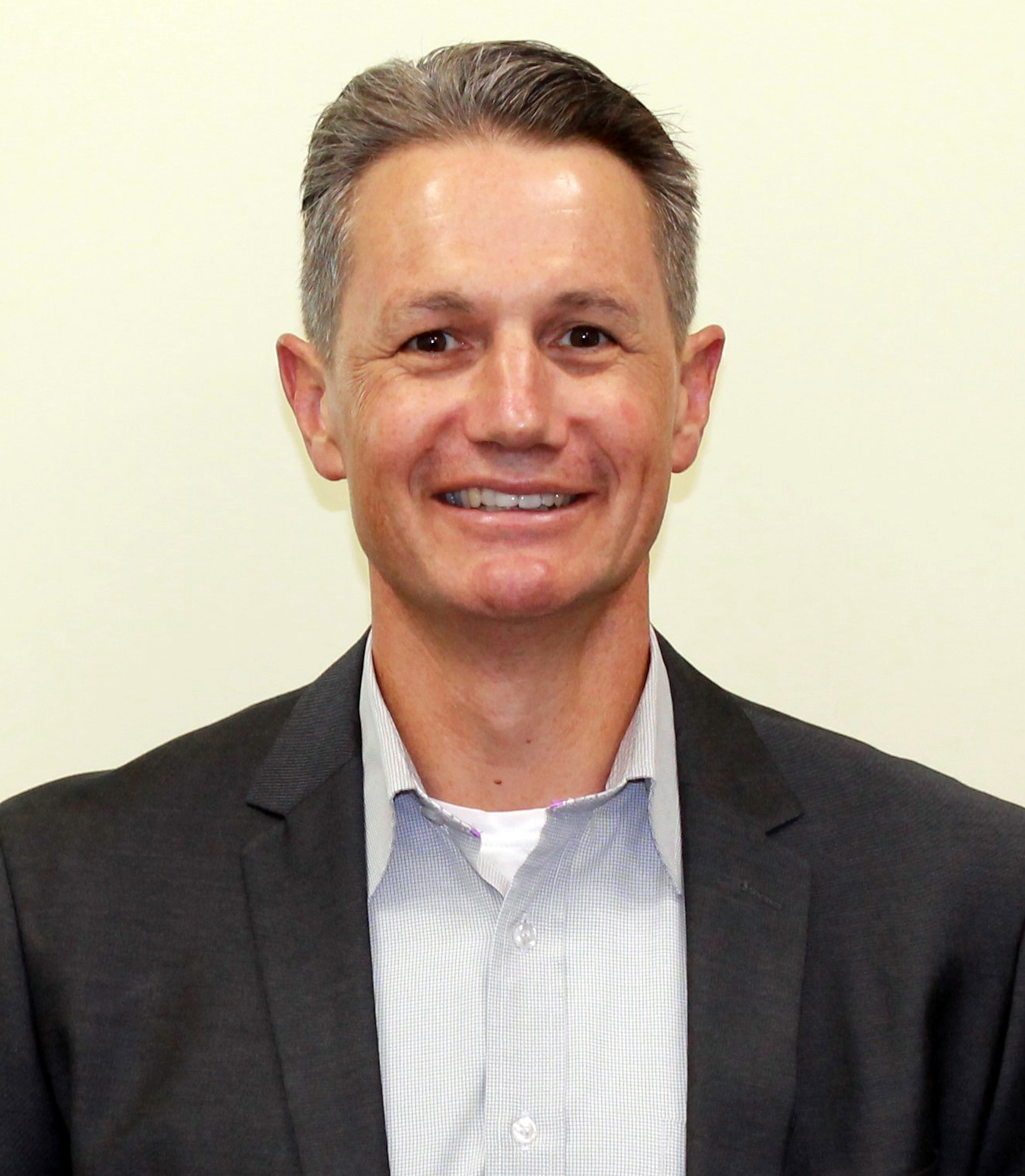Physiotherapy is a collaborative profession.
Physiotherapists help to improve the health of more New Zealanders' each year. They achieve this in part by building and fostering professional and interpersonal connections.
Early influences
 Otago physiotherapy graduate Martin Chadwick grew up on a Waikato dairy farm in New Zealand's North Island.
Otago physiotherapy graduate Martin Chadwick grew up on a Waikato dairy farm in New Zealand's North Island.
He picked up a few injuries as a representative level swimmer and water polo player and developed an interest in physiotherapy as a result.
Otago, with its heritage and reputation seemed a logical choice for his physiotherapy studies, and the province and its people still hold a very special place in his memories.
America calling
After two years in Dunedin, Martin did one final year of physiotherapy studies in Napier.
Soon after graduation he was on a plane bound for the United States on a short working holiday.
Twelve years of clinical practice in Colorado and Illinois later, he came 'home' with a new family and a twenty-foot shipping container filled with essentials. He had also qualified as a certified specialist in the challenging field of orthopaedics.
New portfolios
On his return, Martin accepted a role with the Waikato District Health Board, before moving to Bay of Plenty Health in the Midland region, which covers Tauranga, Te Puke, Kawerau, Katikati, Whakatāne, and Ōpōtiki.
His work in the Bay of Plenty proved rewarding, and he tells us of his pride in having led the establishment of an interdisciplinary healthcare team which continues to deliver positive results for the people of the region.
Martin's early experience as a physiotherapist in the United States prepared him well for his current position as the Ministry of Health's first Chief Allied Health Professions Officer. Martin took up the role in late 2018 and is now based in Wellington.
This inaugural position comes with a broad portfolio focused on adding breadth to New Zealand's health workforce.
Targeted teamwork
Martin's practical experience as a clinical physiotherapist now informs every dimension of his work in allied health. Such practical insights will, he feels, help him build an educated cross-disciplinary health-force which can improve public health in New Zealand.
In this new role, Martin is also tasked with describing the benefits of informed decision making to those engaged in policy making. It may be possible to better target healthcare delivery in our communities but some questions remain about how best to explain, describe, and quantify improving outcomes. While anecdotal evidence can bring attention to key issues, empirical evidence is vital if adequate resourcing for this task is to be found.
Health outcomes in New Zealand are good by OECD standards yet there are deficits in need of attention. Martin believes that physiotherapists can act as better advocates for colleagues in medicine, nursing, occupational therapy and dentistry. They can also help boost the physiotherapy professions' inherent ability to identify and match allied health needs with the needs of people and communities.
Martin tells us that while medical schools can graduate doctor numbers proportional to the population, this is not the case for the majority of Allied Health professions. This imbalance deserves attention.
He sees great potential in the physiotherapy profession's ability to help 'join the dots' and link patients, providers, educators and all healthcare disciplines. Such connections can be transformative in the public health sphere.
The provision of good rural inter-professional healthcare programmes is reliant upon the in-depth study of all relevant human and societal factors. Such studies need to ask how 'we' can best address current inequalities given available funding levels, staffing and other resources.
All together, better healthcare
In December of 2018, Martin received a Commonwealth Fund Harkness Fellowships in Healthcare Policy and Practice for study and work for up to a year in the USA.
This is a rare opportunity for a New Zealander to carry out original research in an area of public policy which can provide new insights and encourage initiatives of benefit to the host country and to New Zealand.
He travels to the United States in August 2019, and while based in Washington DC Martin will take a close look at policy settings and policy levers which affect models of care change. 'Models of care' focus on best practice in the treatment of individual patients and population groups over the entire span of treatment.
Martin knows that the health systems of each country are quite different and yet the US has achieved some impressive results in the area of interdisciplinary healthcare. He seeks to better understand the factors at work in these achievements.
Increased awareness of the importance of keeping members of our communities healthy and contributing has created real opportunities for physiotherapy graduates in the growing field of health management and policy planning.
In Martin's experience, Otago physiotherapy graduates on the international stage are well-respected for being 'work ready' and resourceful.
His own willingness to seek out new challenges and to expand upon a well prepared earlier skill set has meant that Martin Chadwick now plays a pivotal role in the future delivery of improving interdisciplinary healthcare in New Zealand.
With the support of his family, Martin continues to learn and grow in his chosen profession of physiotherapy.
Dr Martin Chadwick holds a Diploma in Physiotherapy (Otago), a MHS (Masters Health Science) University of Indianapolis, a PG Diploma from the University of Auckland, a Certificate in Small Business Management and is a Doctor of Health Science (AUT)
Publications
Lawrence, R. (2005). Branding terroir in the ′New World′: Modes of representation in the wine industry. In P. Sorrell, C. Ozcan, E. Kocabiyik & Z. T. Ultav (Eds.), Proceedings of the IST Product and Service Design Symposium and Exhibition on Agricultural Industries. Izmir, Turkey: Izmir University of Economics. [Full Paper]
